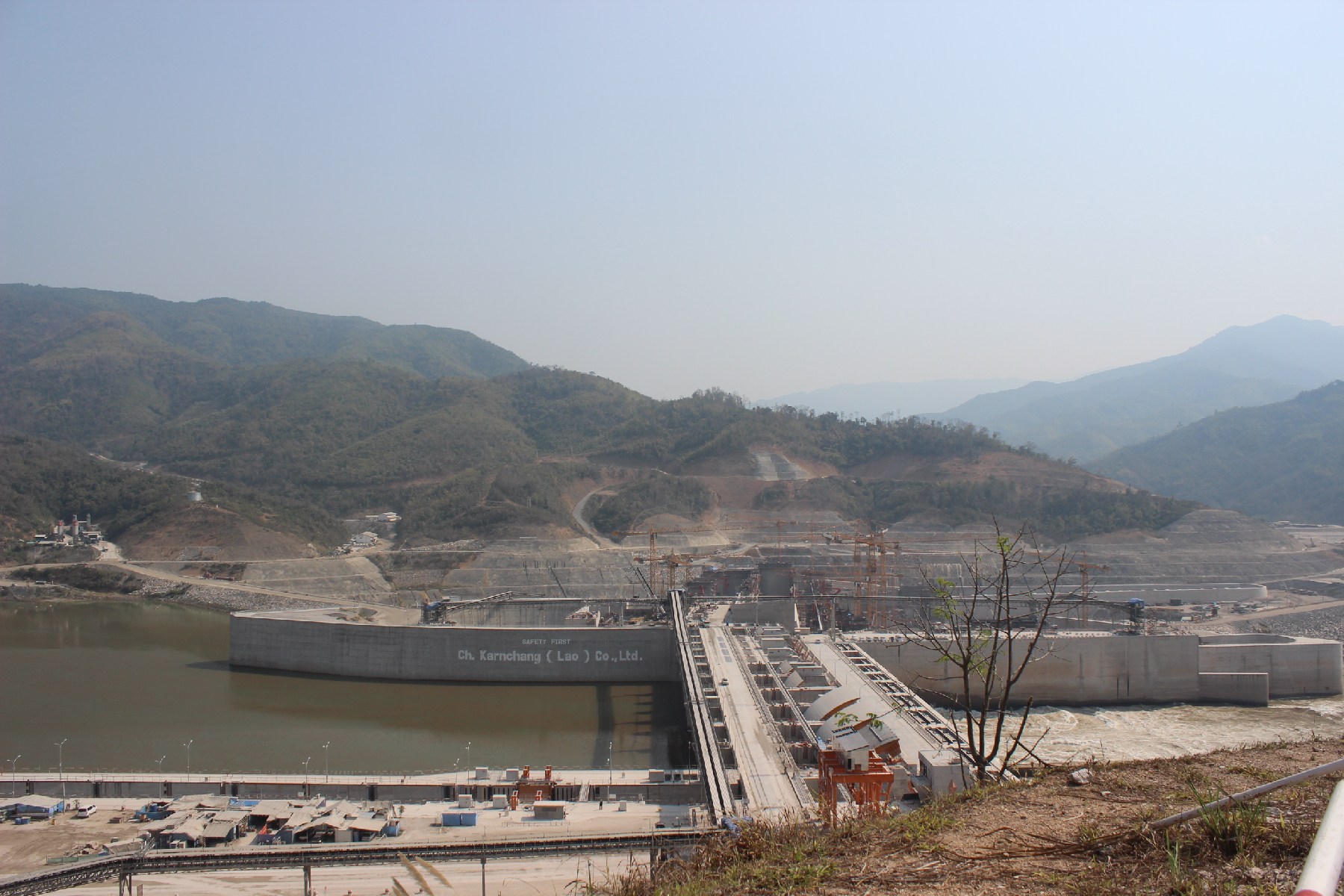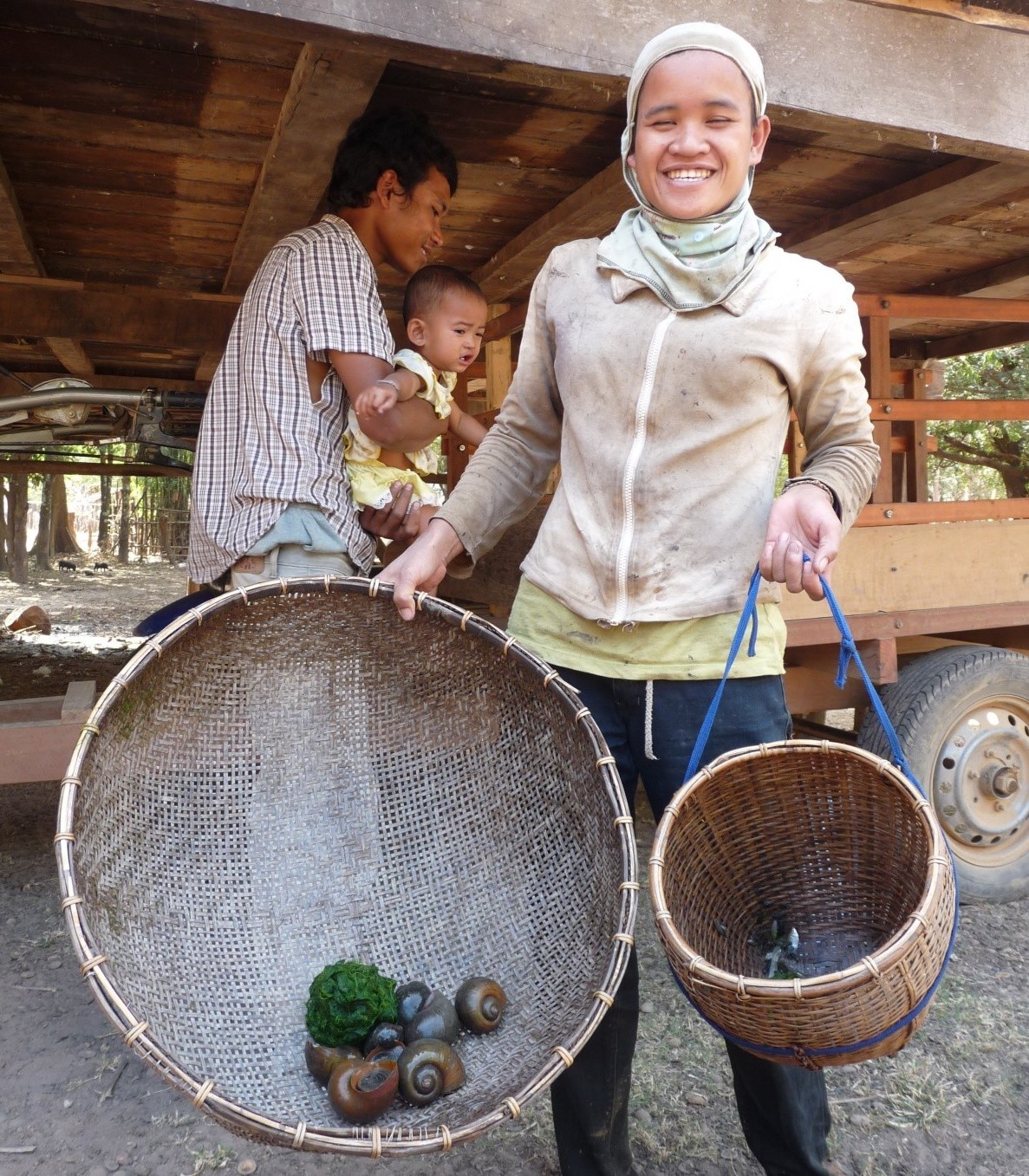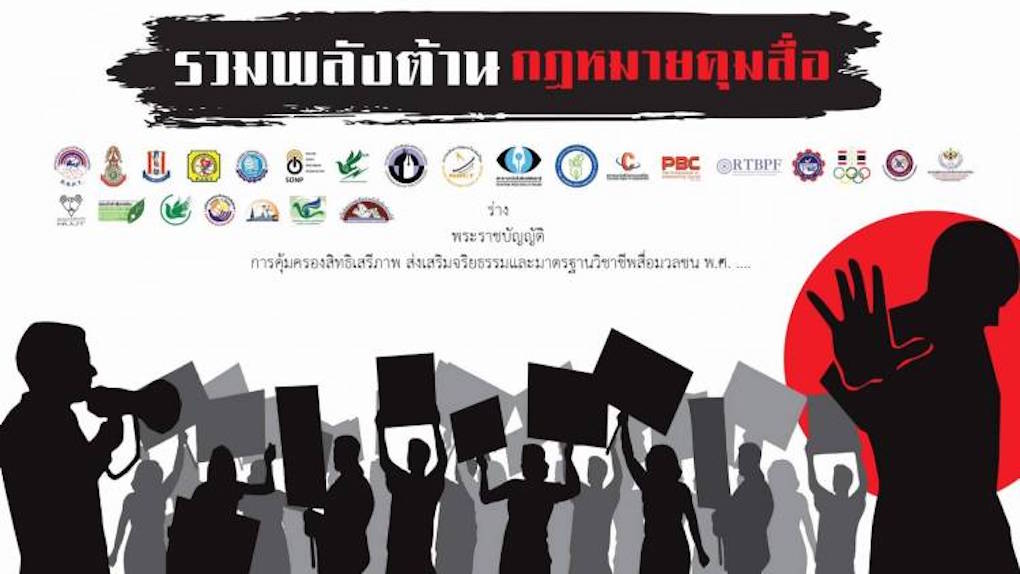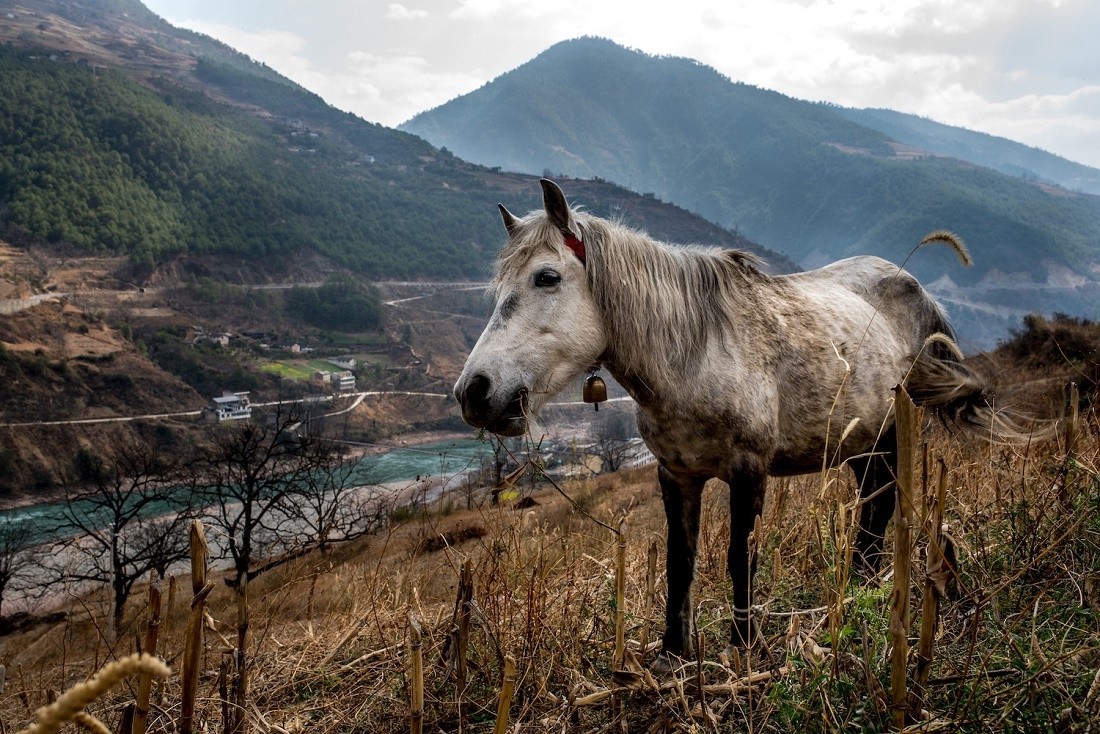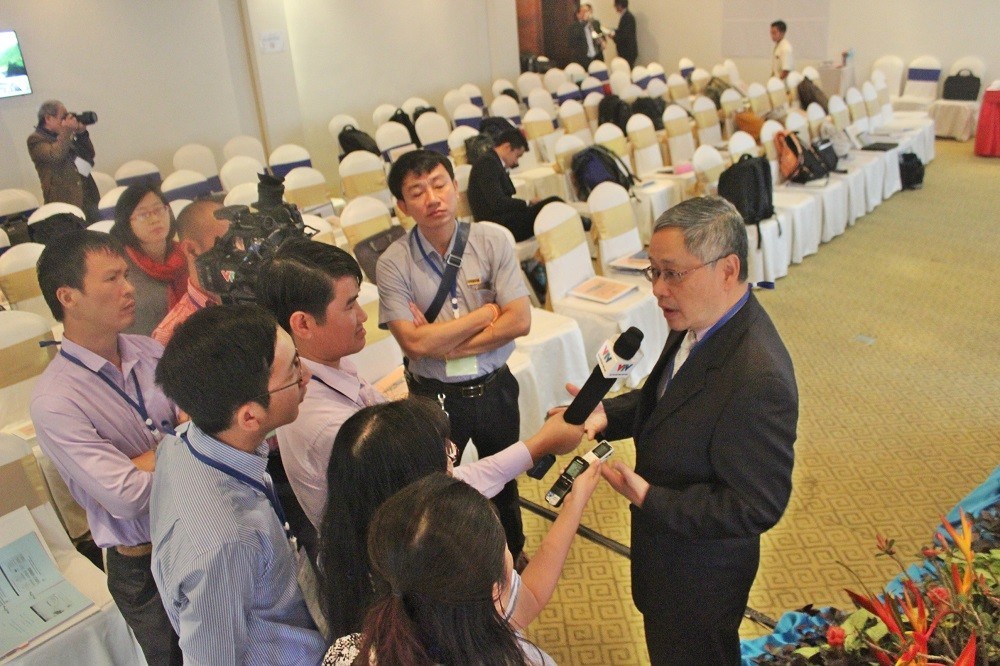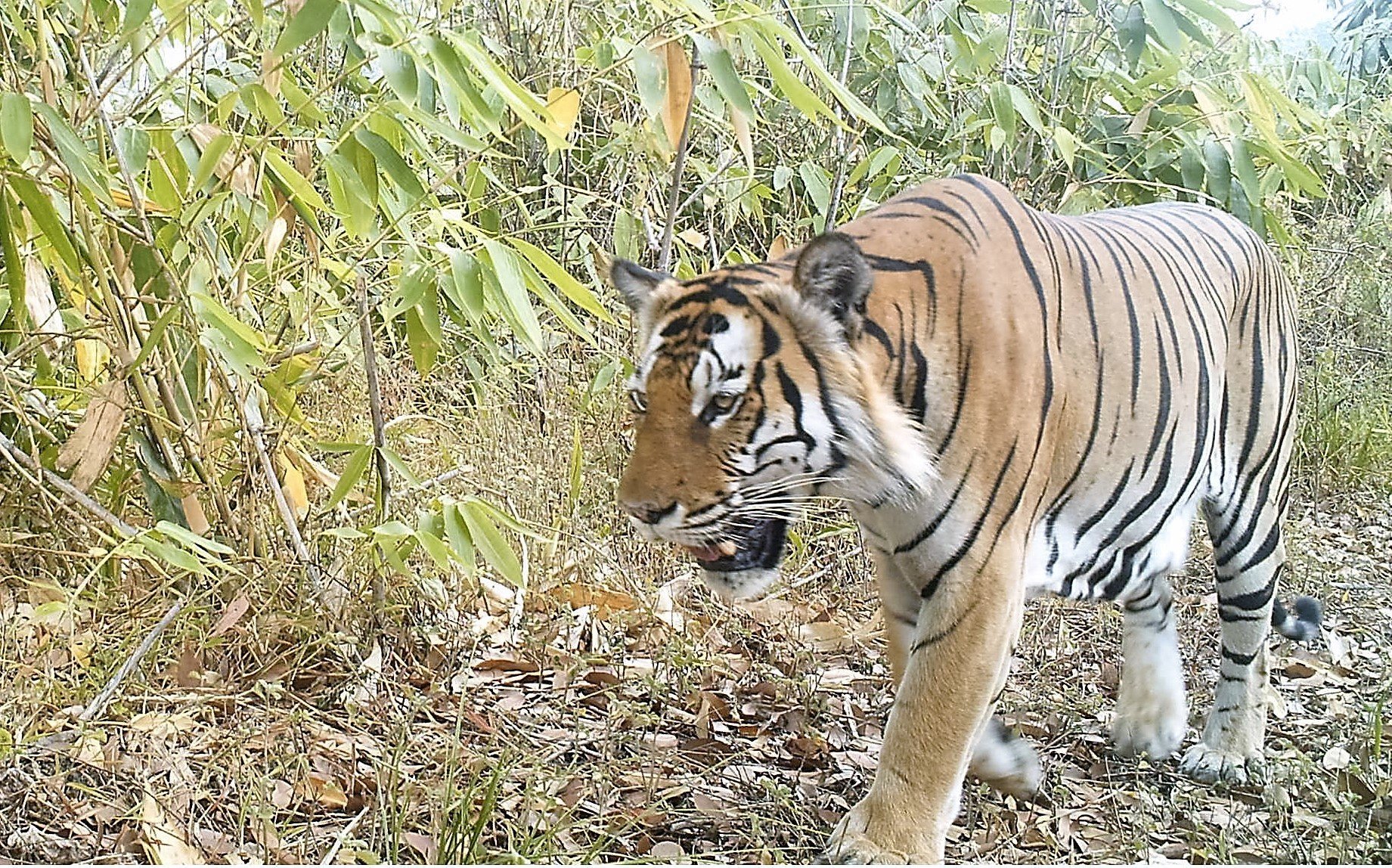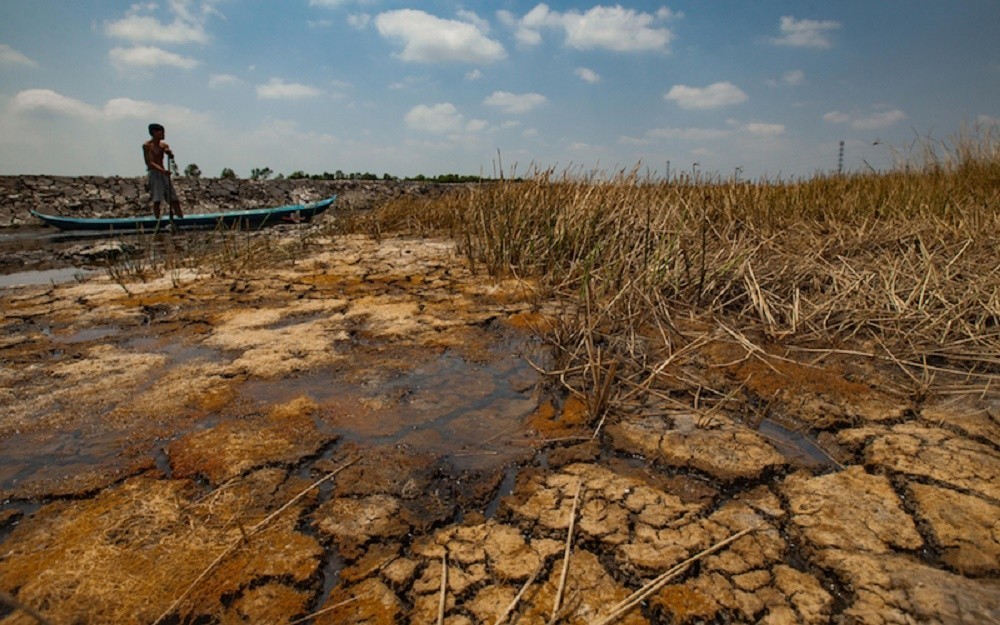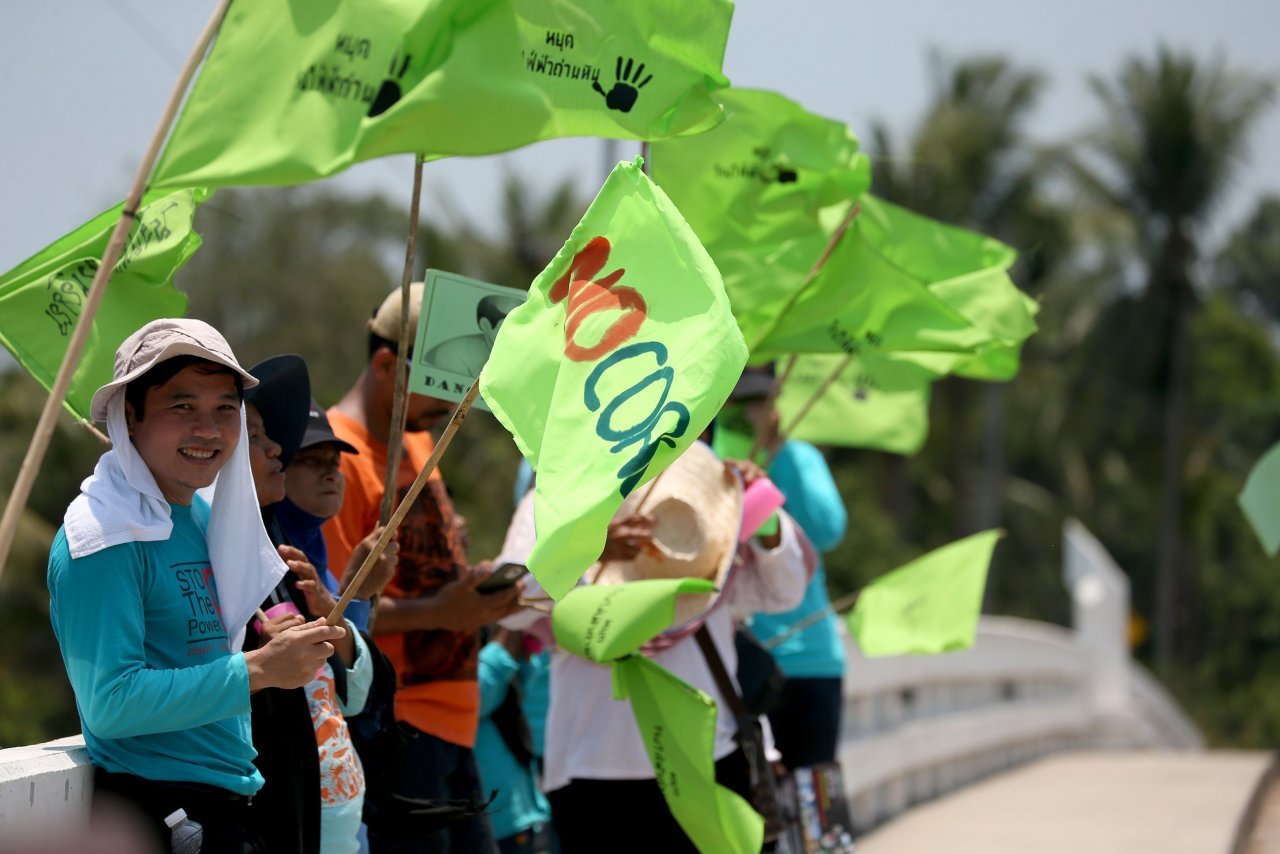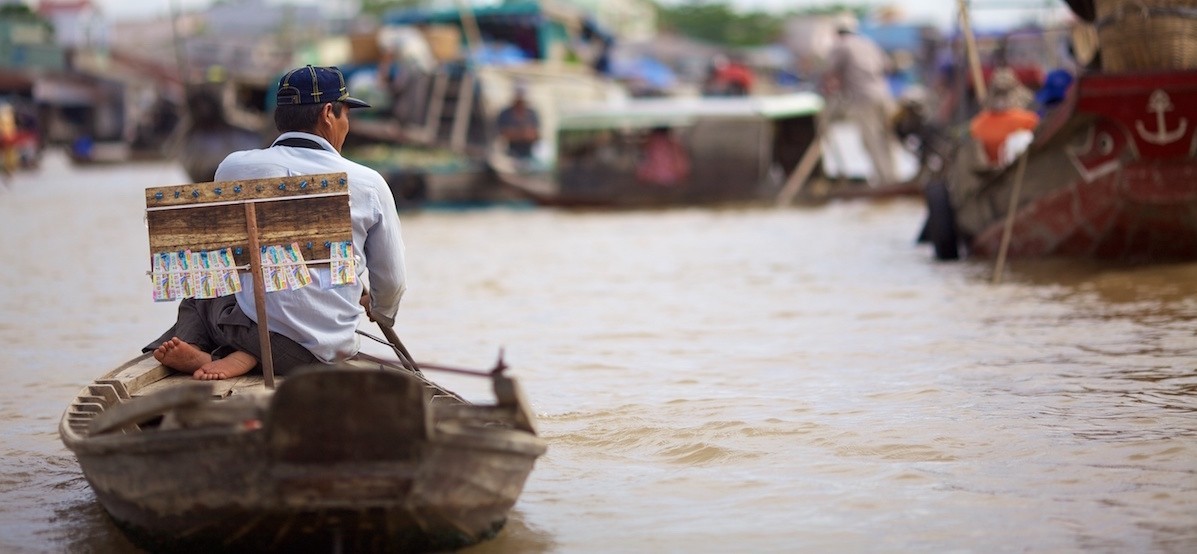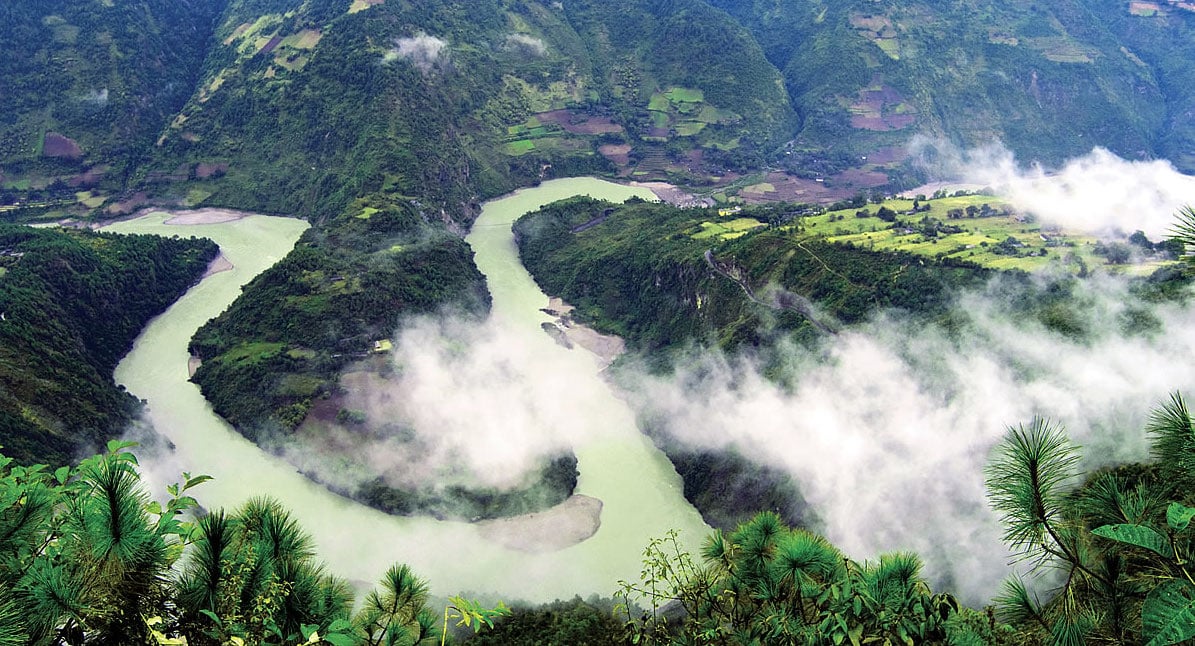The Mekong Eye had a rare opportunity to visit the Xayaburi dam. This photo essay shows its progress.
Category: Article
International Women’s Day: How a “changing world” can affect equality in decision-making
What happens when the change in work comes about due to more major livelihood changes that transform the gender dynamics of work and decision-making in whole communities?
Regime puts journalists in the crosshairs
What does the media rights protection bill hold in store for Thai journalism?
China’s Domestic Dams: Hydropower Not Only an Export For World’s Biggest Dam Builder
Plans to dam the Lancang River, China’s stretch of the Mekong, will have impacts far beyond China’s borders.
MRC CEO: “Hydropower development will not kill the Mekong River”
“Hydropower development does not kill the Mekong river.” Those words are what Mr Pham Tuan Phan, MRC’s CEO, said to media on the sidelines of a stakeholder forum for the Pak Beng hydropower project . A freelance correspondent for The Mekong Eye interviewed Mr. Pham.
World Wildlife Day 2017: Survey of Myanmar finds Southeast Asia’s last great wilderness
Surveys in Myanmar found at least 31 mammals including tigers, leopards and Asian Elephants. 17 of the 31 are categorised as Near Threatened, Vulnerable or Endangered
Mekong Offers U.S. a Non-Confrontational Opportunity to Reset Asia Pacific Policy
20 million Vietnamese watch the dramatic change in the flow of water and sediment levels threatening their fish stocks and aquaculture. Clearly, China’s upstream dams are contributing to the ecological threats in the delta.
A fresh chance to boost renewable energy
Cheers went up at the protest site when it was announced that Gen Prayut Chan-o-cha had promised to “set zero” the coal-fired power plant project in Krabi.
But the elation proved to be premature.
Survey reveals drastic decline of waterbirds in Irrawaddy River
Over the last 14 years, waterbirds in Myanmar’s Irrawddy River declined by 60% to 90% depending on the species. Scientists working for Fauna & Flora International (FFI) and Manfred Hermsen Foundation have repeated an ornithology survey of the Irrawaddy River.
Will Hydropower Turn the Tide on the Salween River?
Will efforts to sustainably steward the Salween, Asia’s last free flowing, international river, parallel those launched a half-century ago and half a world away?


